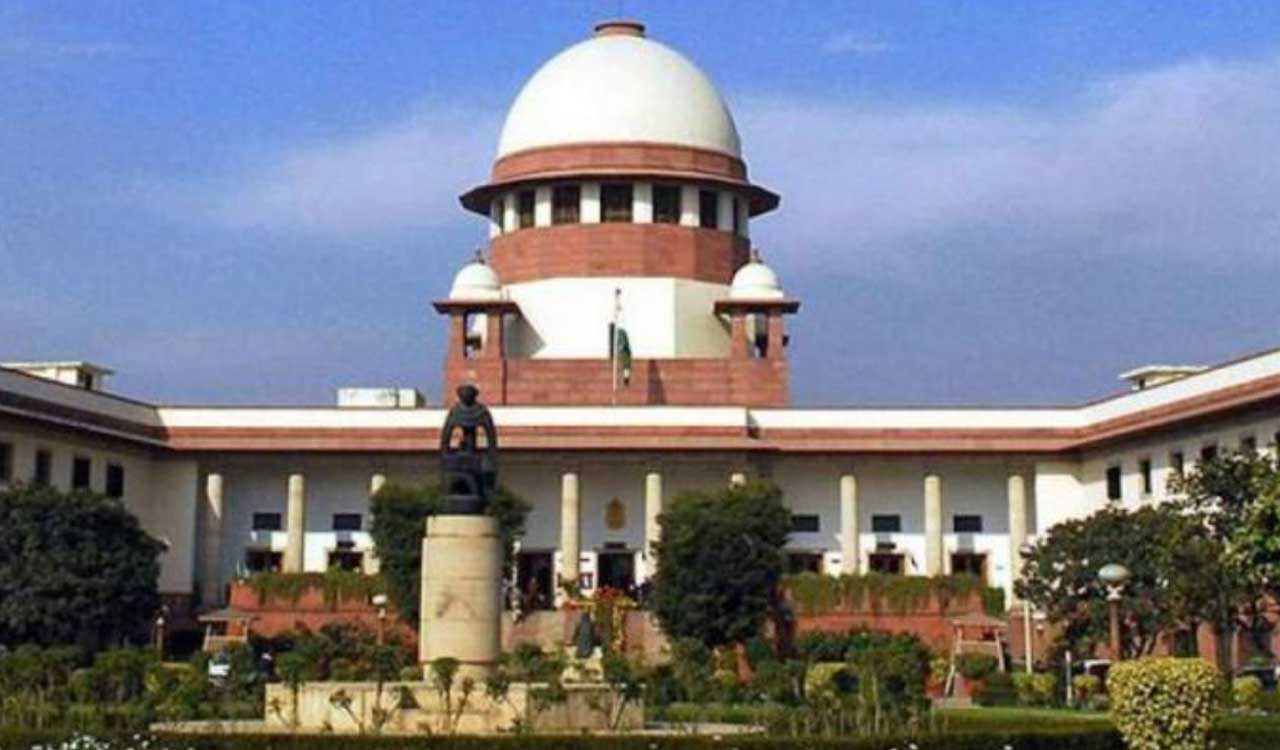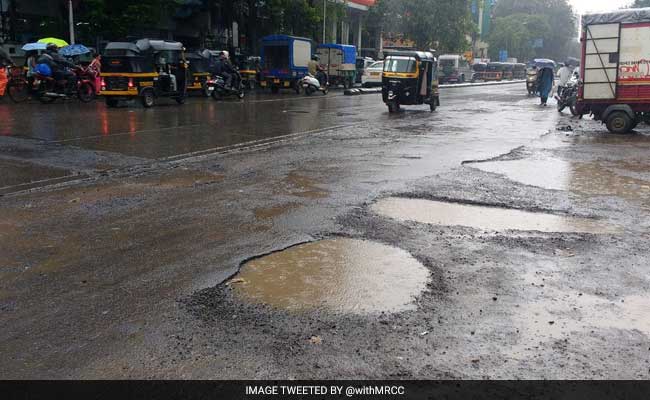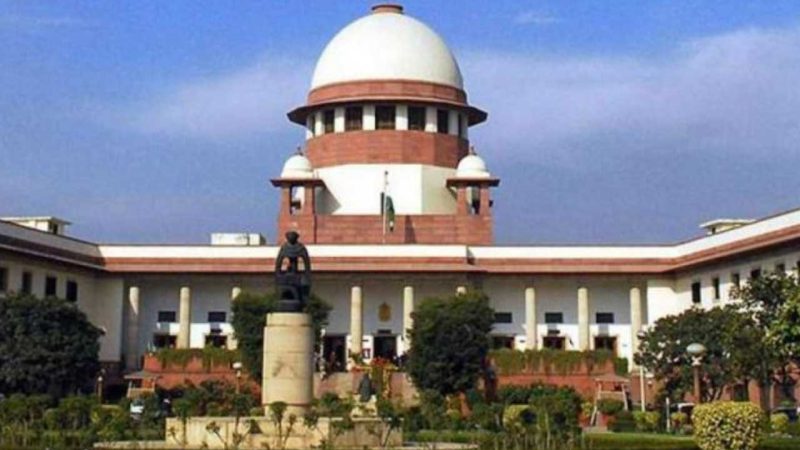SC rules one rank one pension for ex-HC judges, says discrimination violates equality

The Supreme Court directed uniform pension benefits for all retired high court judges, irrespective of appointment or tenure, saying “one rank one pension has to be the norm in respect of a constitutional office”
Published Date – 19 May 2025, 08:19 PM

New Delhi: The Supreme Court on Monday directed uniform pension benefits for all retired high court judges, irrespective of their mode of appointment or tenure, saying “one rank one pension has to be the norm in respect of a constitutional office”.
A bench comprising Chief Justice B R Gavai and Justices Augustine George Masih and K Vinod Chandran held that any classification in pension benefits based on whether judges came from the bar or district judiciary, or whether they were permanent or additional judges, was discriminatory and violative of Article 14 of the Constitution.
“One rank one pension has to be the norm in respect of a constitutional office,” the CJI, writing a 63-page judgement, said.
Dealing with six issues over the disparity in pensionary and other retiral benefits to high court judges, the top court ruled that they must be granted pensions calculated at a basic annual amount of Rs 13.50 lakh whereas the retired chief justices would be entitled to Rs 15 lakh per annum.
“The principle of one rank one pension requires all retired judges of the high court to be paid a uniform pension. We find that once a judge assumes the office of the high court judge and enters into a constitutional class, i.e., the class of a high court judge, no differential treatment would be permissible merely on the ground of date of appointment,” it added.
When a high court judge is in office, the bench said, irrespective of their source of entry, they are entitled to the same salary and perquisites.
“When all the judges of the high courts, when in office, are entitled to the same salary, perks and benefits, any discrimination amongst them on the ground of their source of entry, in our view, would be patently discriminatory and violative of Article 14 of the Constitution of India,” it said.
The services of a judicial officer who becomes a high court judge from the judicial services so also the experience of a Member of the Bar who becomes a high court judge from the Bar is required to be taken into consideration, it said.
“That break-in service for a period between the date of retirement as a District Judge and the date of assuming the office as a high court judge cannot be a ground for denial of pension on the basis of salary drawn as a high court Judge. The pension of even such Judges has to be on the basis of the salary drawn as HC judges,” it said.
A person who retires as a high court judge even if he was appointed in the state judiciary after the New Pension Scheme (NPS) came into effect would still be entitled to benefit of GPF (general provident fund) under the HCJ [The High Court Judges (Salaries and Conditions of Service) Act, 1954], it said.
Referring to judgements, it said there was a common thread in all of them barring any discrimination in payment of pension.
The bench also dealt with the issue of whether full pension could be denied to a high court judge on the ground that there was a break in service between the date of retirement as a district judge and the date of assuming office as a high court judge.
On whether retired high court judges who entered the state judiciary after the NPS came into effect would be entitled to receive pension as high court Judges, the bench they should get the equal pension.
Dealing with the consequential issue on how the amount contributed by such judges and the state respectively under NPS would be treated, the court said, “We find that, it will be equitable to direct the states to refund the amount contributed by such judges along with the dividend accrued thereon. Insofar as the contribution made by the state along with the dividend accrued thereon is concerned, it should be credited to the account of state.”
The judges, bench pointed out, who retired as additional judges, would also get the pension like permanent high court judges.
“The perusal of the definition would show that the definition of a ‘Judge’ is wide enough to include a Chief Justice, an acting Chief Justice, an additional Judge and an acting Judge of the High Court…. to bring out any artificial discrimination between a Permanent Judge and an Additional Judge in the term ‘Judge’ as defined in Section 14 of the HCJ Act (the High Court Judges (Salaries and Conditions of Service) Act) would be doing violence to the definition of a ‘Judge’…,” it said.
“We, therefore, have no hesitation in holding that even retired Additional HC Judges will be entitled to same basic pension that is Rs 13.50 lakh per annum,” it held.
On the issue of family pension and gratuity being denied to widows and family members of additional high court judges, the bench ruled it as “patently arbitrary”.
It also said the denial of gratuity to the widow and family members of a judge who died in harness was “totally unsustainable” .
Dealing with the issue relating to payment of provident fund and other benefits on the retirement of high court judges, it held all allowances payable to a retired judge on his retirement as a judge of the high court irrespective of the mode of entry as high court judge will have to be paid in line with the provisions of the HCJ Act.
The top court reserved the judgement on January 28 in the matter.






